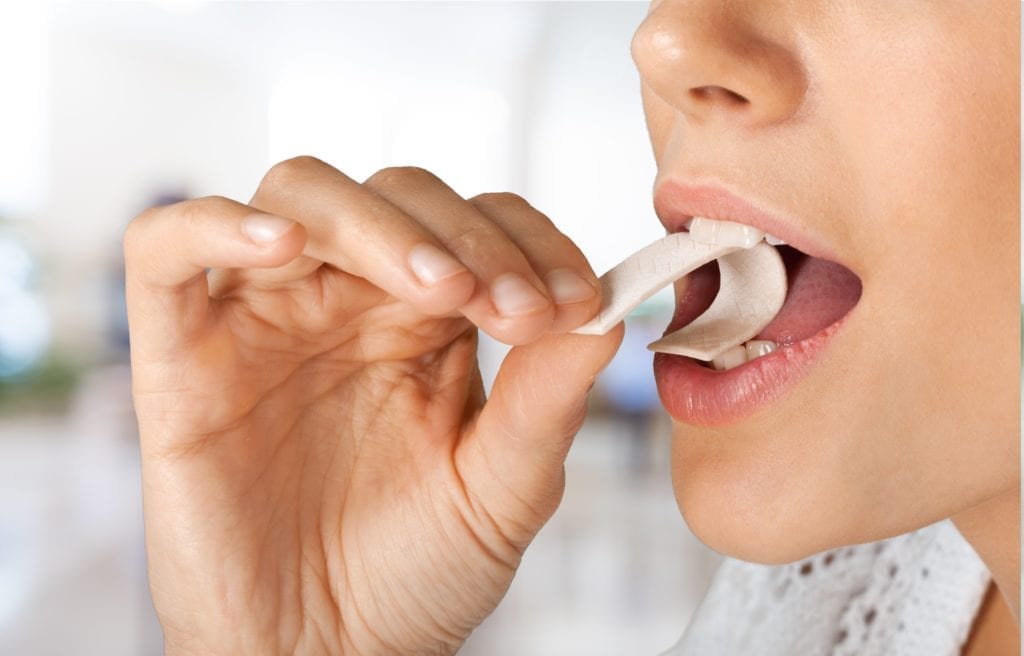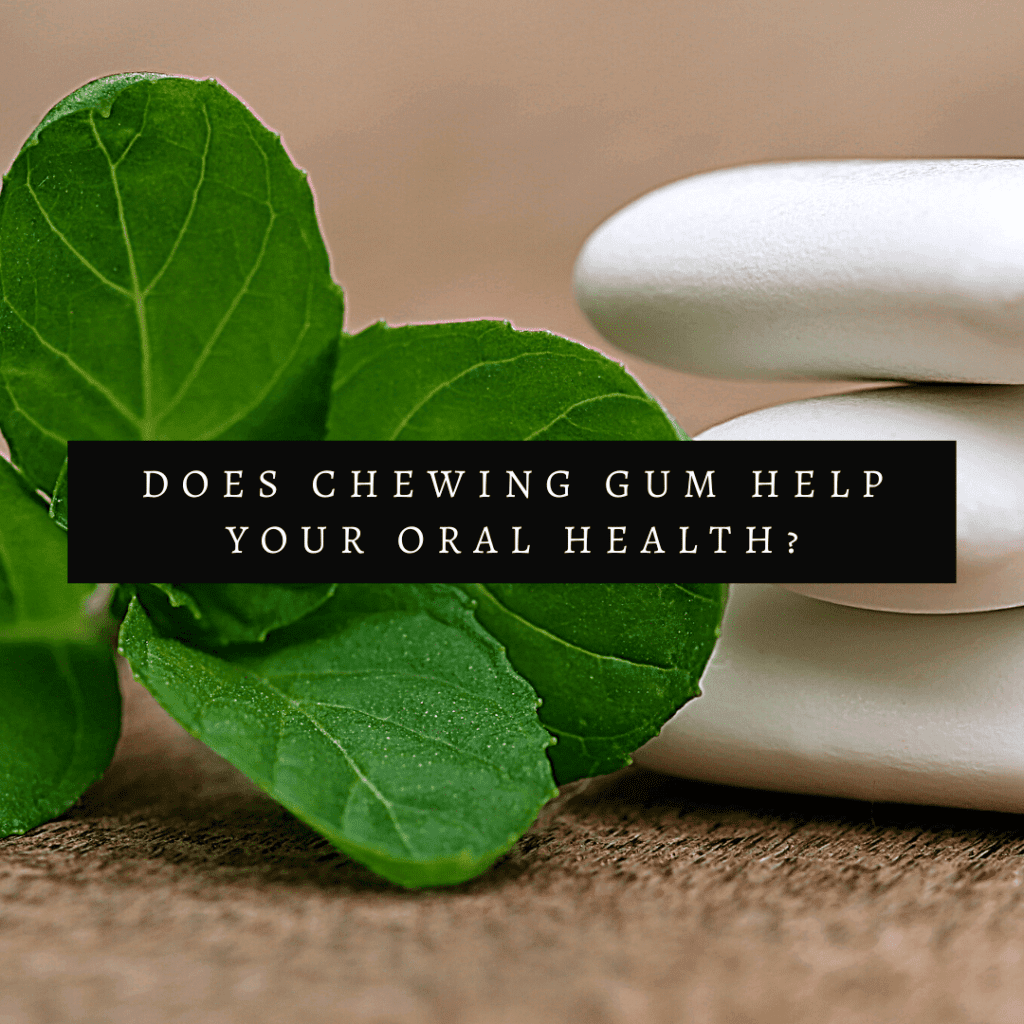Your teeth are exposed to everything that passes through your mouth. This means that all the foods you eat and beverages you drink have a direct impact on your oral health. Certain foods and beverages can be beneficial to your oral health, while others can be detrimental. But, what about chewing gum? It is not exactly in the same category as food and beverages because it is not actually consumed, yet your teeth still come in contact with it. For this reason, many people wonder if chewing gum is beneficial or detrimental to one’s oral health.
The fact of the matter is that chewing gum can be either beneficial or detrimental to your oral health depending on the type of gum you choose. Gum comes in two forms: one with sugar and one without sugar. Each type of gum can have different effects on your oral health:
Sugar-Containing Gum–Increases the Risk of Tooth Decay
Unfortunately, chewing gum that contains sugar puts you at an increased risk of developing tooth decay. The main reason for this is due to the ingredients used in gums that contain sugar. For starters, sucrose is one of the commonly used ingredients. Sucrose is a type of sugar that can be easily consumed by decay-causing bacteria. This means that you are essentially feeding the bacteria in your mouth while chewing gum with sugar.
Additionally, some types of gum also use citric or other acids for flavoring. This is problematic because the presence of acid causes the pH level in the mouth to drop, meaning that the entire mouth becomes more acidic. Since bacteria break down sugar into an acidic waste product, additional acid makes it more likely for dental erosion to occur. Enamel that has been eroded is also more susceptible to tooth decay.
Sugarless-Gum–Decreases the Risk of Tooth Decay

Conversely, sugarless gum can actually help decrease the risk of developing tooth decay. Besides the simple fact that there is no sugar to feed the bacteria, certain types of sugarless gum also contain xylitol. Xylitol has been shown to prevent the spread of bacteria, which decreases the risk of tooth decay and can improve bad breath caused by excess bacteria.
Additionally, the act of chewing sugar-free gum increases the flow of saliva. Saliva helps to deliver enamel strengthening minerals such as calcium and phosphate, regulates pH levels, and washes away bacteria. Increasing the flow of saliva increases these essential functions. Although gums that contain sugar can also increase saliva production, they are not as effective since the saliva is more acidic.
Overall, gum containing sugar is detrimental to your oral health because its ingredients are destructive to the tooth’s surface, while sugarless gum is beneficial to your oral health because it supports healthy enamel. This shows that chewing gum can be beneficial, as long as you are chewing the right type of gum. With that being said, chewing gum should never be used as a substitute for regular oral hygiene, as brushing and flossing are still essential practices to prevent tooth decay and maintain your oral health.

Dr. Admar holds dual certificates — a Bachelor of Dental Surgery (BDS) in 2010 from India and a Doctor of Dental Surgery (DDS) in 2014 from Canada. He is now a full time practicing dentist in Kamloops where he provides a variety of services. Dr. Admar spends hundreds of hours in continued dental education to stay up to date in cosmetic and implant dentistry and he has achieved several advanced qualifications.


